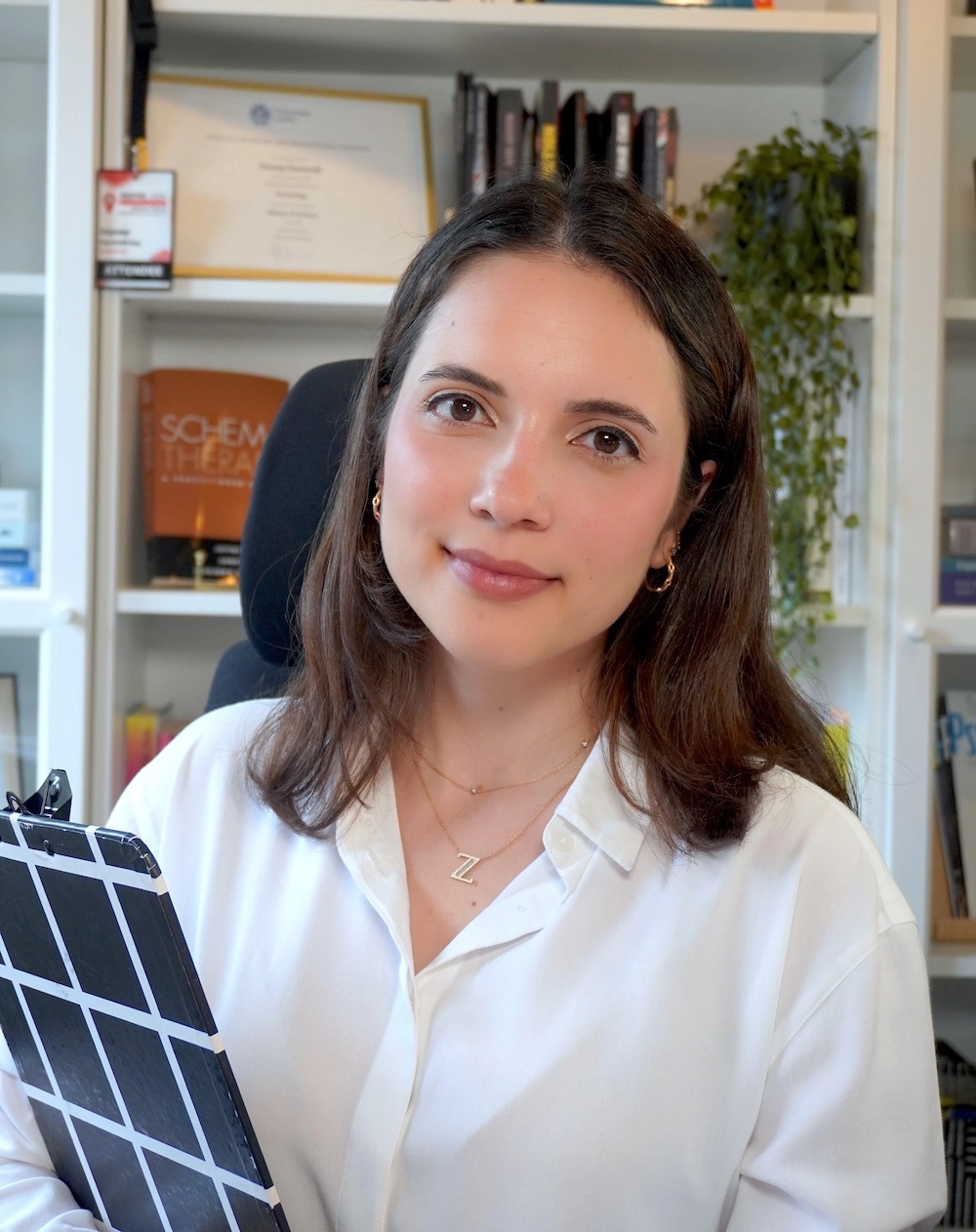realistic body therapist
Eating disorders are a global challenge affecting countless lives.
I am a psychologist who struggled with an eating disorder in the past. So I get it



Eating disorders are a global challenge affecting countless lives.
I am a psychologist who struggled with an eating disorder in the past. So I get it


